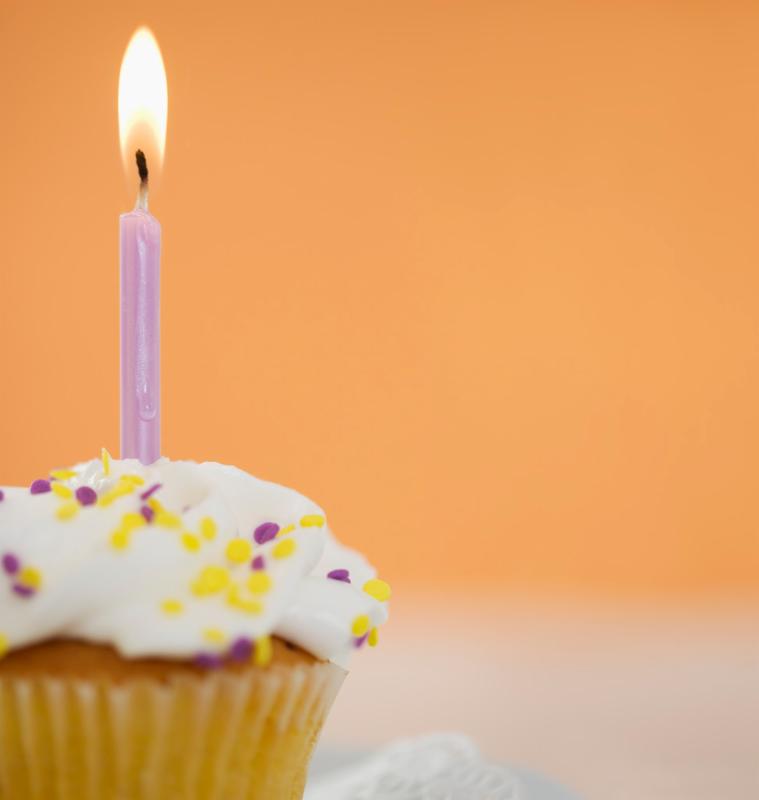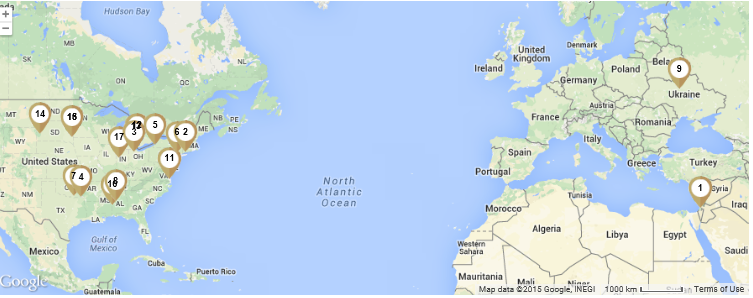June
June 2018 GLOBE News Brief
Attending the 2018 GLE in Ireland? Want to Keep Up with GLE Happenings? Tune to Social at #IrelandGLE2018

Are you attending the 2018 GLOBE Learning Expedition (GLE) in Killarney, Ireland (01-06 July)? Be sure to share, and keep up with, all of the stories, adventures, and experiences on social media. Not able to attend? Keep up with all of the GLE happenings here:
News
Participating in the ENSO Campaign? Join the New Water Quality Collaboration Group!

Are you taking water quality measurements as part of the Phase III GLOBE ENSO (El Niño Southern Oscillation) Student Research Campaign? Then join the new GLOBE Water Quality Collaboration Group (GWQCG)!
Led by Bob Connick, GLOBE schools from across the world are taking water quality measurements that help explore one of the ENSO Campaign's Guiding Investigative Questions, "What is the quality of water in our environment?" When you join the GWQCG, you can share ideas, upload documents, and post questions.
By learning all about water quality measurements in a local setting, you can learn just how these local measurements help us understand the global picture of water quality and its health, agricultural, cultural, and socioeconomic impacts.
To join the GWQCG, click here.
U.S. Department of State Highlights GLOBE Scientist Busy Helping Citizen Scientists Act as "Agents of Change" in Battle Against Zika
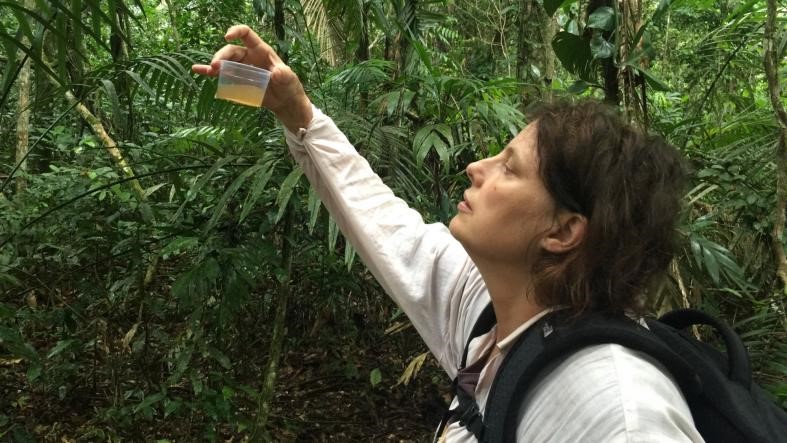
A recent DipNote blog (the official blog of the U.S. Department of State) highlighted a long-time GLOBE Earth Scientist, Dr. Russanne (Rusty) Low, and her innovative project to teach citizen scientists to roll down their sleeves and engage in the battle against infectious disease outbreaks – including the current Zika outbreak – with the help of the GLOBE Observer App.
Working with The GLOBE Program since 2001, Rusty continues her affiliation with GLOBE as a Master Trainer and as a member of the GISN (GLOBE International STEM Network). She also provides significant contributions to GLOBE through her work as a climate scientist at the Institute for Global Environmental Strategies (IGES).
As the Lead Scientist for the GLOBE Observer (GO) Mosquito Habitat Mapper, Rusty has focused on inspiring citizen scientists to join in the battle to reduce the risks of disease buzzing in and around their own backyards and communities. “Citizen scientists can be agents of change,” Low said, “reducing the risk of Zika and other vector-borne diseases.”
The GO Mosquito Habitat Mapper App, a mobile app funded by NASA, allows everyone with a smartphone to get down-and-dirty in the fight against mosquito-related infectious diseases. Citizen scientists can easily download and use the app to identify potential mosquito breeding sites and to count samples of mosquito larvae.
In 2016, Low received a grant from the Combating Zika and Future Threats Grand Challenge (funded through USAID). As a result, Low was able set up a pilot program in Peru and Brazil. Through this endeavor, students – acting as citizen scientists – used the GO Habitat Mapper to collect and share mosquito data, and to help develop local mitigation measures to reduce the risk of disease. “The project,” Low said, “will create new data sets that do not exist today; help students better understand their environment and mitigate risk; deliver the new data sources to health officials and their communities; and enable the efforts to be replicated throughout the world.”
To read the entire DipNote blog, click here.
To learn more about the GLOBE Observer App (and the Mosquito Habitat Mapper) and how you can download and put it to use today, click here.
U.S. GLOBE Partners Highlight Accomplishments at 2018 North America Regional Meeting
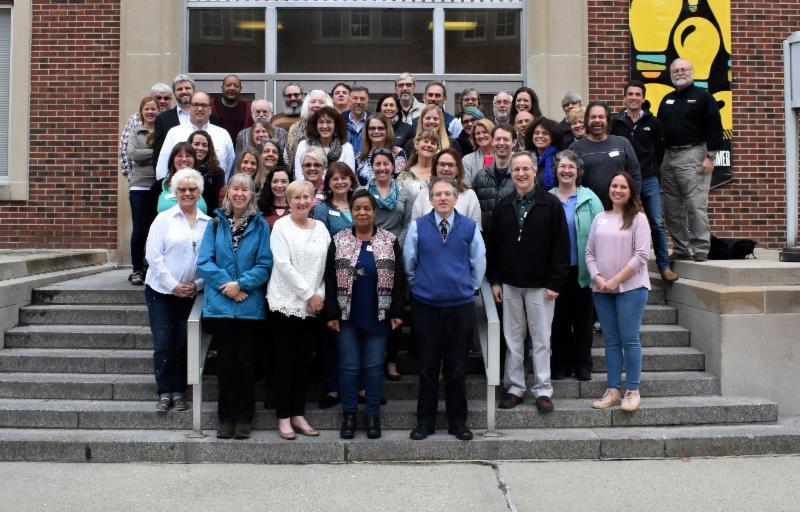
The Purdue University GLOBE Partnership hosted the 2018 North America Regional Meeting (NARM) and a Pedosphere Train-the-Trainer, 26-29 March, in West Lafayette, Indiana, USA. NARM began on 28 March with a welcome by the NASA Program Manager, Dr. Lin Chambers, and a guest speaker, Dr. Jonathan "Nate" Slade Jr., discussing how the effect of air quality policies can be seen in long-term data.
The meeting was attended by approximately 50 people representing 30 partnerships and affiliated organizations. Jennifer Bourgeault, Dr. Tony Murphy, Jessica Taylor, and David Overoye shared program updates from the perspectives of the United States office, the GIO, GLOBE Working Groups, and the website.
Lightning talk sessions (a series of six-minute presentations followed by a block of time for participants to speak with presenters) and strategic planning discussions filled the rest of the meeting. Time was also set aside throughout the NARM for participants to network and build collaborative relationships. The lightning talks covered such topics as HoloGLOBE, a pre-service focus group, NGSS-aligned high school curriculum, GIS and GLOBE, the fire fuel protocol (currently in development), and incorporating engineering into GLOBE.
United States GLOBE partners can access the agenda, list of participants, slides, and pictures of the event in the "Documents” folder for the U.S. GLOBE Partners.
NOAA's Adopts a Drifter Program Engages Schools in Ocean Climate Science -- Adopt a Drifter Today
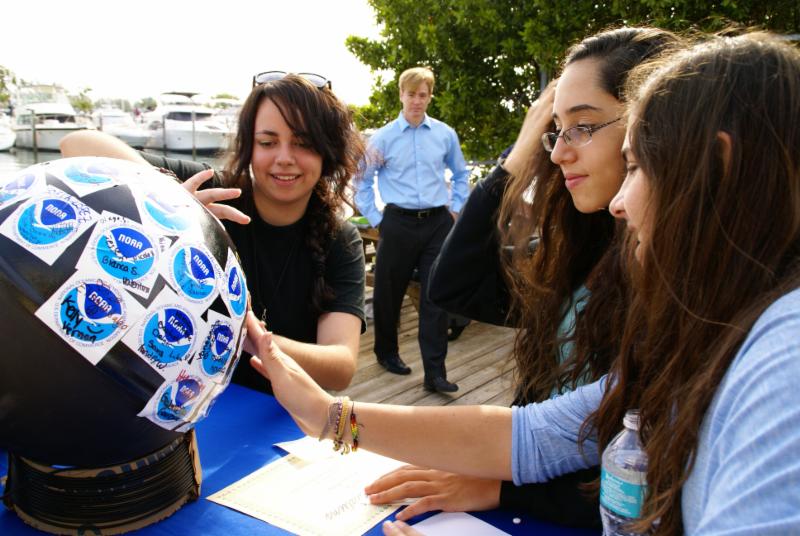
The mission of the National Oceanic and Atmospheric Administration’s (NOAA’s) Adopt a Drifter Program (ADP) is to establish scientific partnerships between schools around the world and to engage students in activities and communication about ocean climate science. GLOBE schools are invited to adopt a drifter today!
What is a drifter? A drifter (or a drifting buoy) is a piece of scientific equipment that collects data on the ocean’s surface. Drifters allow scientists to track ocean currents and changes in temperature, salinity, and other important components of the ocean’s surface as they float freely and transmit information.
The ADP was started in 2004. Since then, more than 80 schools worldwide have participated. The program links together schools from the United States and around the world to learn more about ocean temperature and currents.
To read more about the program, click here.
To look at potential lesson plans, click here.
If you’re interested in joining the program, click here.
If you have any questions, please email Emily Smith (ADP Coordinator) at: emily.a.smith@noaa.gov.
Need Assistance? Maybe There's a Website Tutorial for That!
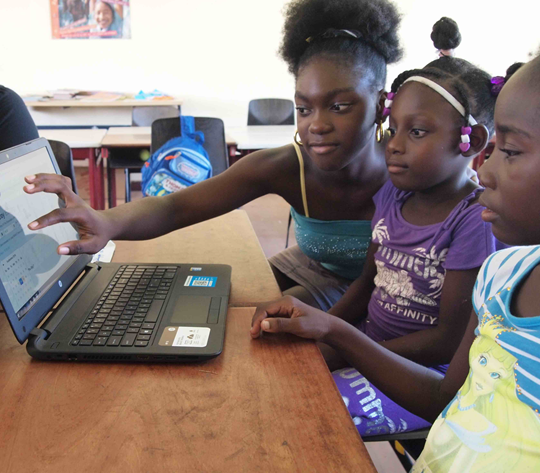
GLOBE Community Support Team (CST) staff are constantly creating and adding new website tutorials for the GLOBE community. Check back often, because maybe there is a website tutorial that can help you today! And, if there isn’t a tutorial for an issue you’re having, remember that you can always contact the CST for assistance.
The CST is available Monday through Friday at 1-800-858-9947. You can also read through the Frequently Asked Questions, and/or post and view comments in the Community Feedback Forum. We want to hear from you!
New Timeline Animation Tool Added to the Visualization System

In May of 2018, The GLOBE Program's website had a new update: Instructions were added to users' "My Pages".

If a user is associated with a school, they will now see an instruction button. By clicking on it, users can access detailed instructions on how to use student accounts.

05 June is World Environment Day! Time to #BeatPlasticPollution

The theme of this year’s World Environment Day, 05 June, is “Beat Plastic Pollution.” World Environment Day is the United Nation’s most important day for encouraging worldwide awareness and action for the protection of our environment. Since it began in 1974, it has grown to become a global platform for public outreach that is widely celebrated in over 100 countries.
This year, the event is being hosted by India. Every World Environment Day has a different global host country, where official celebrations take place. The focus on the host country helps to highlight the environmental challenges it faces and supports the effort to address them. In recent years, millions of people have taken part in thousands of registered activities worldwide.
To learn more, and to answer the call to #BeatPlasticPollution, click here.
Opportunities for U.S. Teachers
U.S. opportunities are often highlighted in the News Brief simply because we are more aware of them through our local media; however, if there are opportunities for GLOBE students and/or teachers in your region you would like us to highlight in the coming months, please send the information to communications@globe.gov.
NASA STEM Educator Webinars
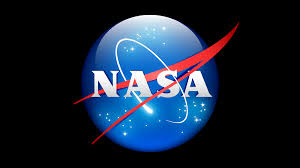
Connect With Us
The GLOBE Program depends on you to let us know what is happening in your regions, countries, communities, and classrooms. Send us news you would like to share with the GLOBE Community and we'll include it in next month's News Brief. Be sure to include photos, too.
Send your message to communications@globe.gov
Be sure to follow us on social media! Just click on the icons below.
News Brief Archive
All past issues of the GLOBE News Brief are available in the online Archive.







